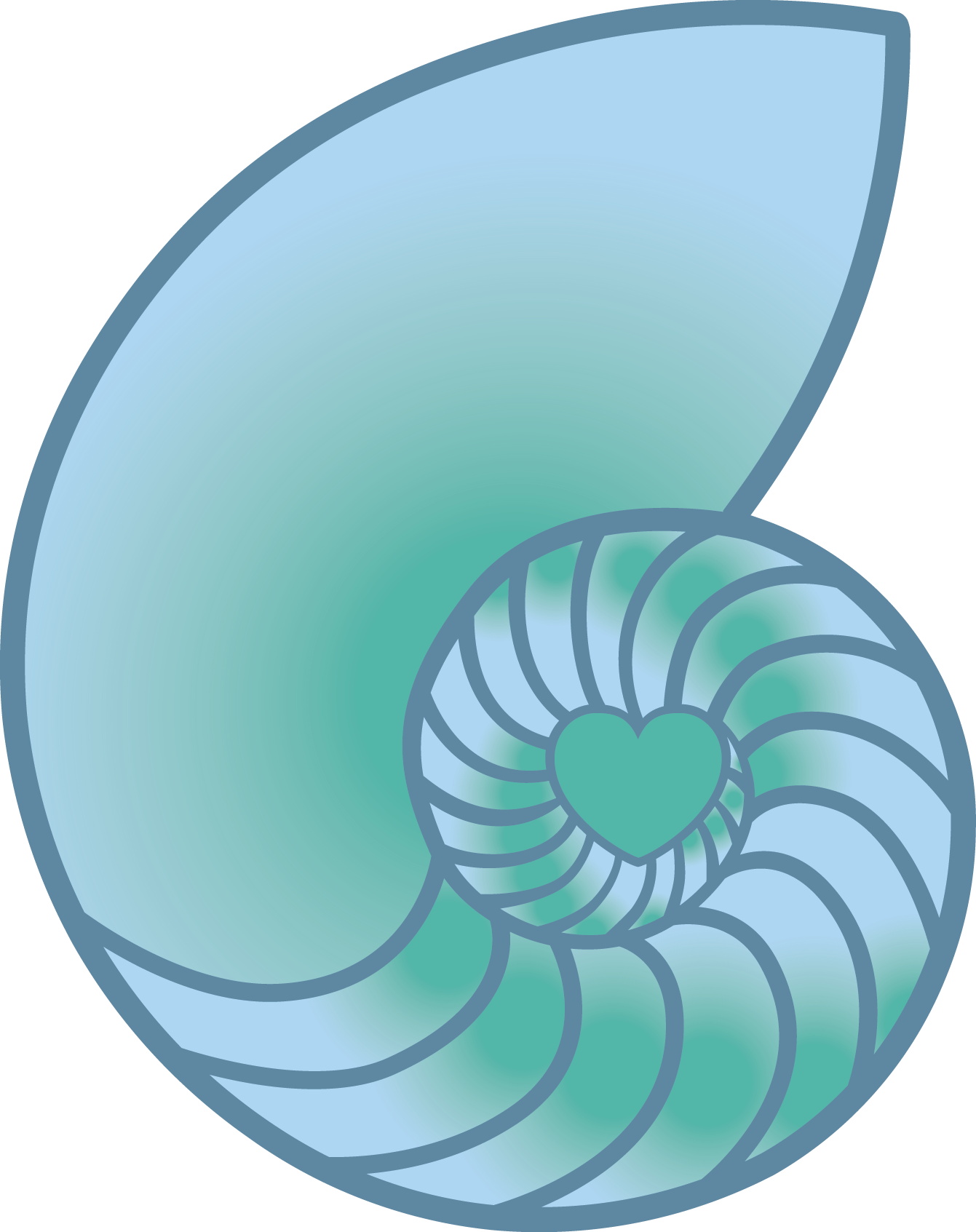One of WholeHeart's core values is listening - based on seeing how little we listen to one another - and how many ways there are to listen and know. The upcoming book, The Gatherings: Reimagining Indigenous-Settler Relations, offers a glimpse into what is required to listen our way into authentic relationships across cultural and historic divisions of harm. The Gatherings is a touchstone for what is possible beyond the walls of a retreat - in the landscape of community where settlers might learn to listen beyond agendas and doctrines. We are pleased to invite Shirley Hager, one of fourteen author of The Gatherings, along with thirteen Indigenous and non-Native co-authors, to share a bit of this journey, with the hope that these voices spark your own listening practices on and with the homelands where you dwell.
Thirty years ago, in Wabanaki territory – a region encompassing the state of Maine and the Canadian Maritimes – a group of Indigenous and non-Native individuals came together, meeting over several years in long-weekend gatherings. We didn’t have an agenda. We didn’t come together to support a common cause, although over time shared actions did result. Instead, our primary objective became simply to know and understand one another across the deep divide of our shared and tragic history.
I say our objective “became” to know and understand one another because we didn’t start out that way. At the time, I was part of a mostly White peace and justice organization, the Center for Vision and Policy, based in Maine. We wanted to develop a “vision of sustainability” for the Gulf of Maine bioregion, and we wanted to include Indigenous voices in that vision. We were pretty clueless about how to do that, but several of us began to reach out to Indigenous individuals and organizations and, over time, an idea emerged of having an educational forum in which Wabanaki speakers would talk to us about Indigenous-settler history and current issues impacting their lives.
We held two forums over a two-year period, but at the end of the second one, I was approached by several Wabanaki participants with the message that our way of meeting was not natural and comfortable for them. Our efforts held promise, they said, but they wanted to meet in a more traditional Wabanaki way. “They suggested that we hold our future Gatherings in a Council format—in a Circle, using a Talking Stick—and include ceremony during the weekend...the invitation was accepted; and, at that point, everything changed.” *
Over the next six years, throughout nine more Gatherings that lasted three, sometimes four, days, we listened to one another as the Talking Stick went around hour after hour, day after day, year after year. We came to know one another by our stories, not by our titles or our jobs, reinforcing the leveling power of the Circle. A Wampanoag man, gkisedtanamoogk, related that an Elder once told him, “In a Circle, no one is taller than anyone else.” Alma Brooks/Zapawey-kwey (Maliseet) kept reminding us to let the Circle “do its work”: “You don’t control a Circle. It will do its work; you just have to leave it alone and stop trying to manage it. That’s the hardest thing for non-Natives to do...”
In our soon-to-be-published book, co-conceived over the past decade by fourteen of us, both Wabanaki and non-Native, we tell the story of these gatherings, our varied experiences of them and how our lives were forever changed by them. Alliances and friendships were formed that endure to this day, and we are eager to share the lessons we learned along the way. In deeply listening to one another, we came to understand that “what we learned through our anxieties, guilt, anger, embarrassments, and mutual affection are key to our shared future here in ‘North America’. We need each other, and it is now more critical than ever that we reimagine Indigenous-settler relations.”
Pre-order your copies today (link)
Release date: April 2021
*It is important to emphasize that the opportunity to participate in these Council Circles was by invitation of the Wabanaki, with the Wabanaki as the initiators and leaders of the ceremonial aspects of our Gatherings. Native people may or may not want to include non-Natives in ceremonies associated with gatherings or alliances, and non-Natives should not expect or seek this experience. While participants felt that our meetings were greatly aided by the way in which we met, many traditions contain the general principles we utilized. There are many ways to meet and dialogue that do not involve Indigenous ceremonial practices.
Note: All quotes are from the upcoming book, The Gatherings: Reimagining Indigenous-Settler Relations, University of Toronto Press, 2021 https://utorontopress.com/us/the-gatherings-3. Release date: April, 2021, pre-ordering available now.
BIO
For most of her career, Shirley has been an educator, retiring in 2007 as associate extension professor with the University of Maine. She is also a Circles of Trust© facilitator with the national Center for Courage & Renewal. Currently she serves with the Friends (Quaker) Committee on Maine Public Policy and chairs its Committee on Tribal-State Relations.
In the mid-1980s, a lifelong interest in social justice as well as Indigenous cultures led her to the Center for Vision and Policy, and for two years she served as CVP’s coordinator. Shirley organized the Gatherings under the auspices of CVP from 1987 to 1993, that are the subject of The Gatherings: Reimagining Indigenous-Settler Relations.




